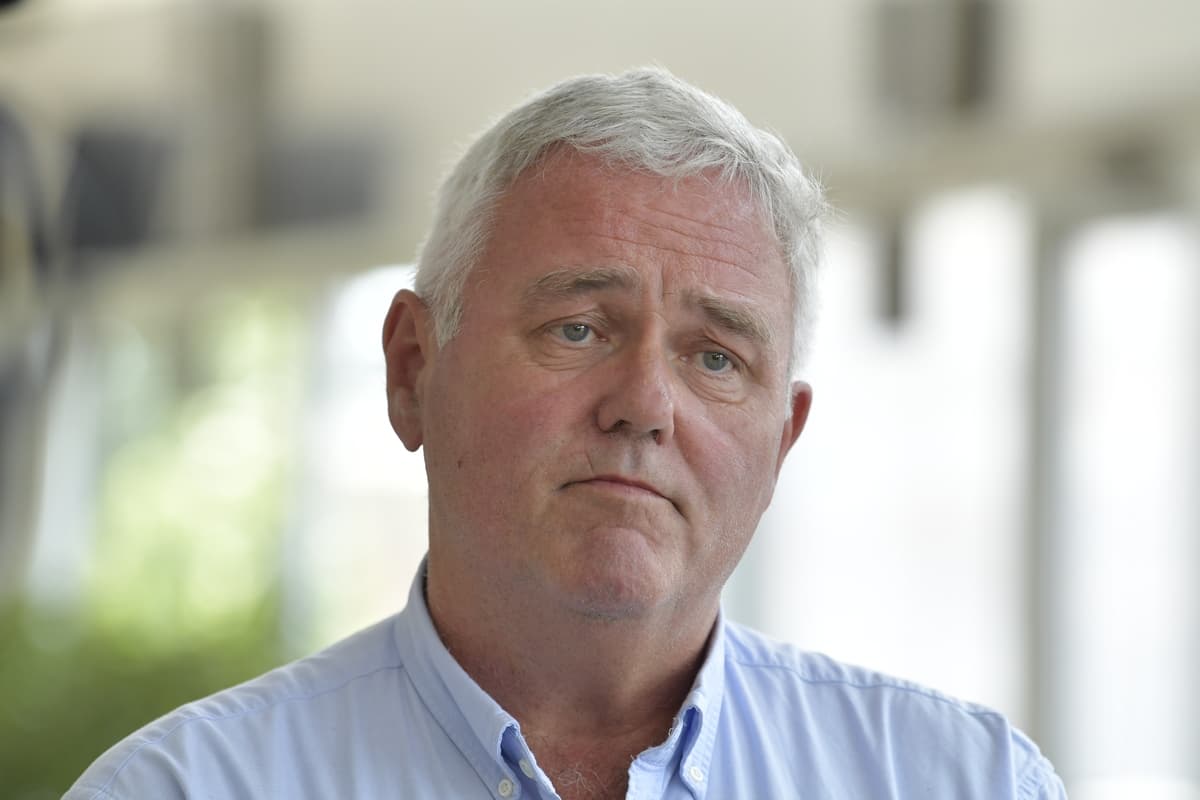The government presented a budget allocation of 3 billion kronor to healthcare in 2025. At the same time, the organization Swedish Association of Local Authorities and Regions (SALAR) estimates that the regions will have a deficit of around 20 billion kronor this year.
We have a government and the Sweden Democrats who have put healthcare on a starvation diet. Now we have an anorexic healthcare system, says Ida Gabrielsson (The Left Party).
The Center Party's healthcare policy spokesperson Anders W Jonsson is also critical.
This is a complete mockery of healthcare and, above all, the smaller regions, to say "now inflation is decreasing, the crisis is over."
"A Cutback Budget"
Today's announcement means that the targeted, so-called sector grants to healthcare will decrease by 7 billion kronor between 2024 and 2025, according to SALAR.
This is a pure cutback budget for Swedish healthcare, says S economic policy spokesperson Mikael Damberg.
He is also critical of the fact that the finance and healthcare ministers could not provide any information on how the general state grants to the regions will develop.
It's a scandal that they can't tell us how the general grants will develop, says Damberg.
I can't draw any other conclusion than that there will be cutbacks next year, simply.
The Green Party's economic policy spokesperson Janine Alm Ericson describes the three billion kronor as a "very small band-aid on a very large wound".
Demanding Long-Term Commitment
All opposition parties say that they will allocate more to healthcare than the government in their alternative budgets.
Today's announcement is not enough. We are in a very strained economic situation, says Anna-Lena Hogerud (The Social Democratic Party), chair of SALAR's healthcare delegation.
Even if it looks different in the regions, it looks like there will be red numbers in all of them.
The main reason for the sector grants decreasing by 7 billion kronor next year is that the funds that were added this year were one-time allocations.
The regions are demanding more long-term commitments.
We don't know what will happen from year to year. The operations don't get any long-term conditions to provide patients with safe and secure care, says Hogerud.






